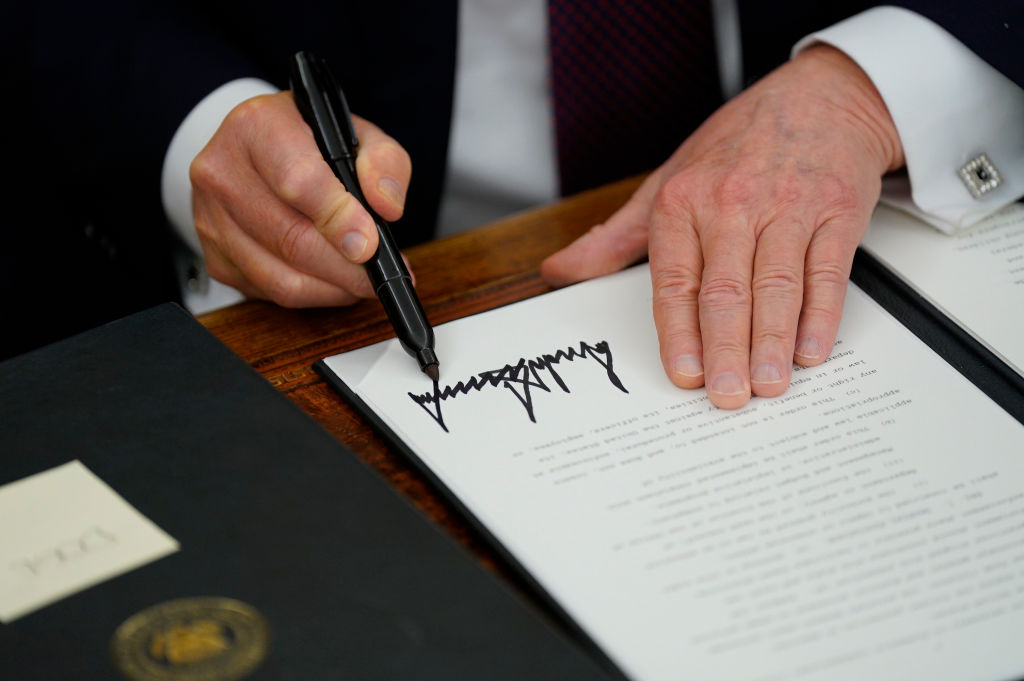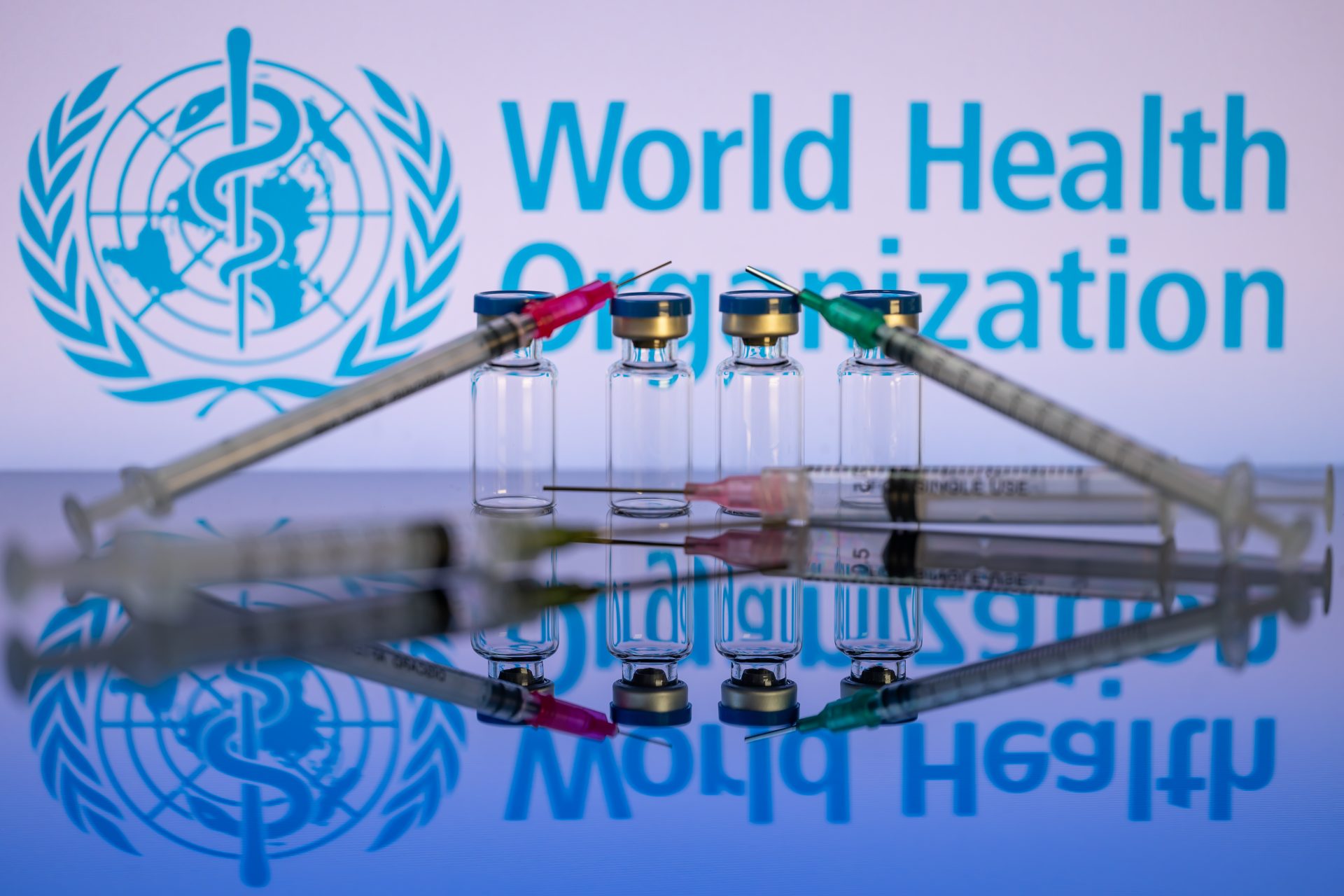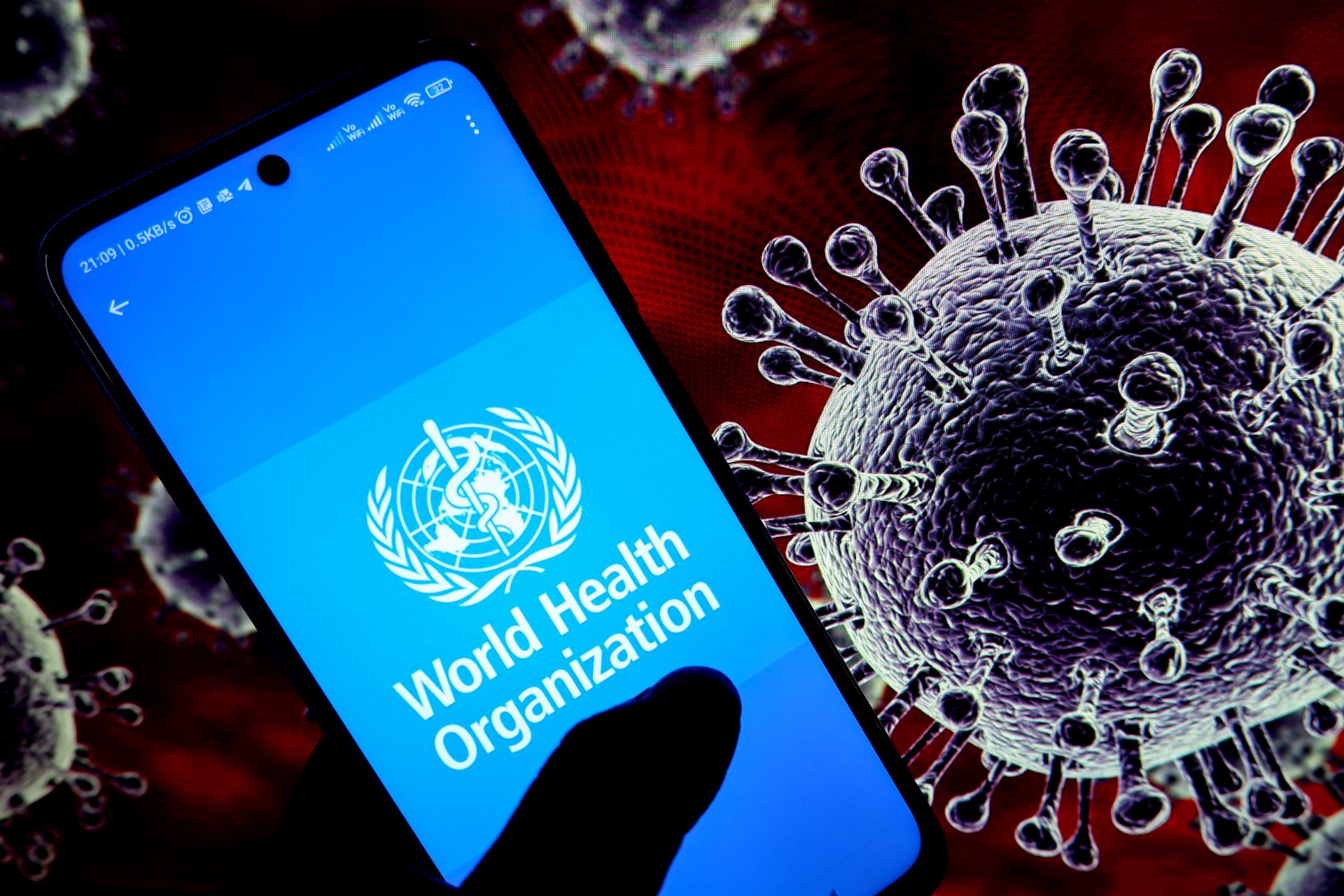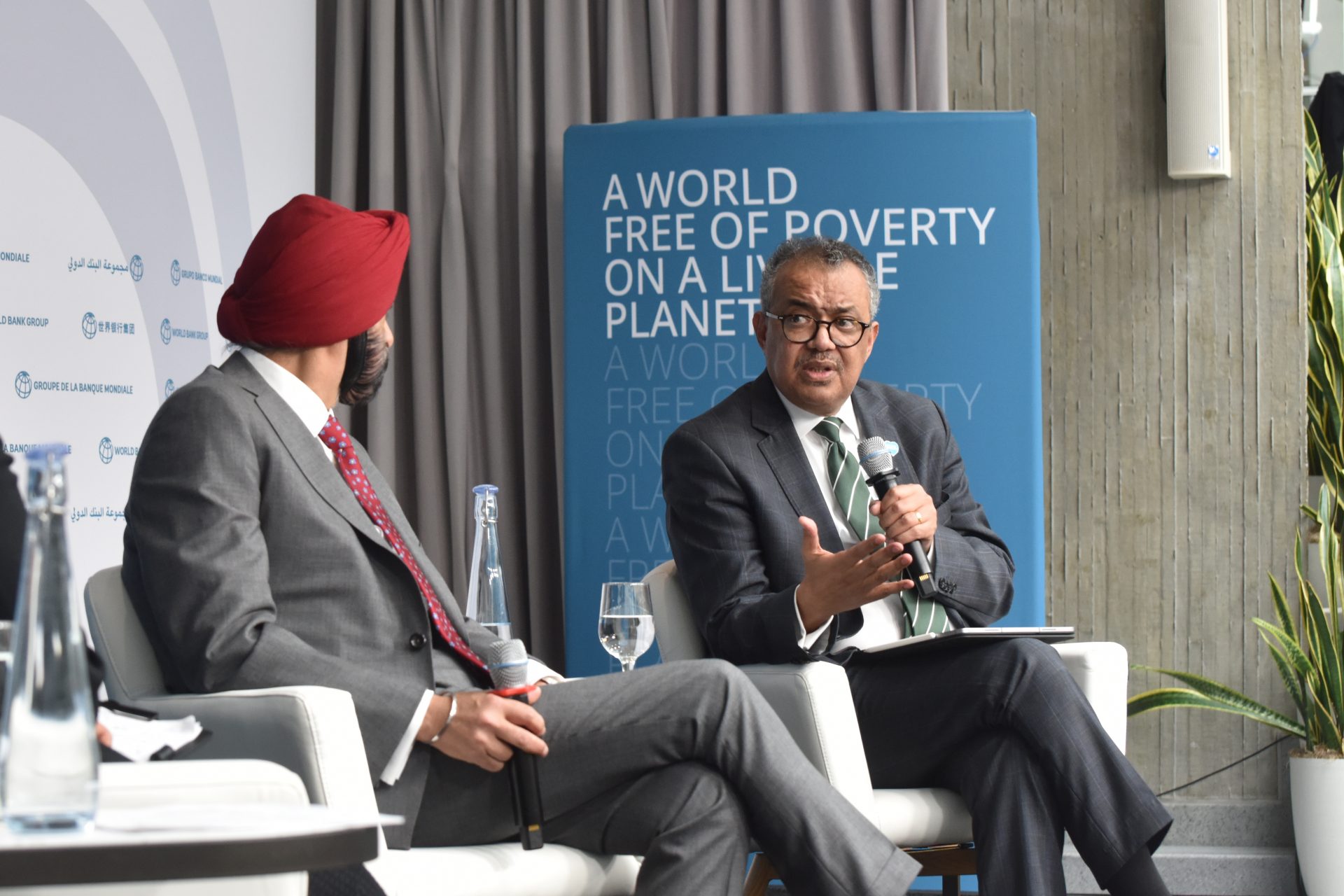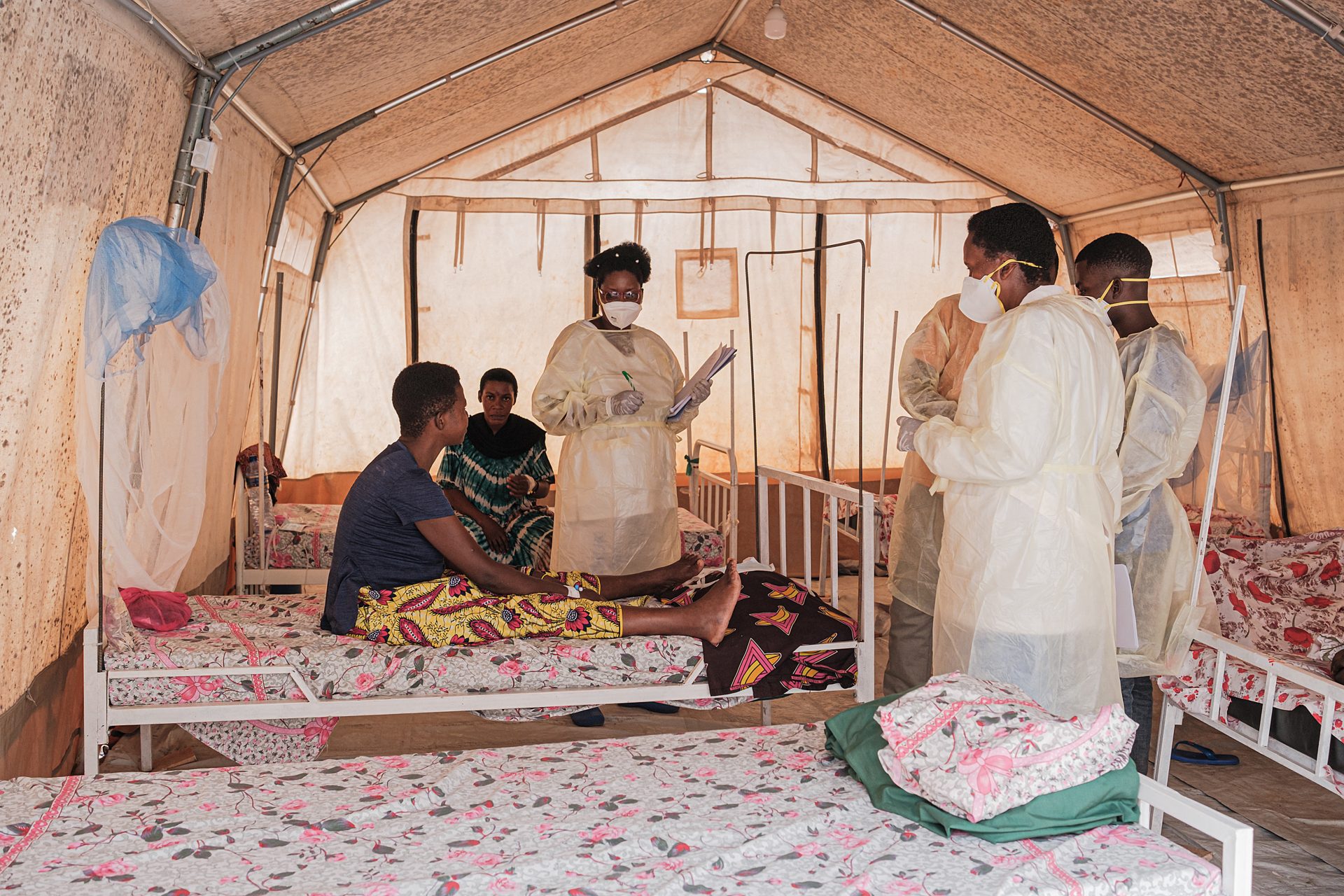What could be the consequences of the US leaving the WHO?
President Donald Trump had a busy first afternoon. He signed dozens of executive orders, many profoundly consequential to the future of the US, including a withdrawal from the World Health Organization.
It is not President Trump's first attempt to leave the organization. He ordered the same in 2020 but lost the election to Joe Biden. According to NPR, the withdrawal will take a year.
He also ordered his cabinet to "pause the future transfer of any United States Government funds, support, or resources to the WHO" and recall or reassign any US officer working with the organization.
The executive order accused the organization of "mishandling" the COVID-19 pandemic in 2020 and other global health crises and failing to demonstrate independence.
It also argued that the organization's funding system is unfair to the United States, its most significant contributor, given the smaller payments other nations make in comparison.
The executive order also withdrew the US from the negotiations on the WHO Pandemic Agreement and the amendments to the International Health Regulations.
So, what are the consequences of leaving the WHO for American citizens? According to some experts, they could cause deep issues in the structure of disease control.
Elisha Dunn-Georgiou, president and CEO of the non-partisan Global Health Council, told NPR that leaving the organization could restrict the US's access to data and surveillance, affecting pandemic readiness.
"This will really leave our agencies – like the CDC and NIH flying blind," Lawrence Gostin, professor of global health law at Georgetown University, told the broadcaster.
It would also exclude the US from the table where other countries discuss global health concerns, negotiate coordinated responses, and demand accountability from other nations.
The decision also has consequences for the rest of the world and the WHO's ability to fight diseases, especially in developing nations where its input is crucial.
According to The Guardian, the US contributes about 18% of the WHO's overall funding, which amounts to around 6 billion dollars annually.
President Trump also signed an executive order halting all funding to NGOs, international organizations, and aid organizations, so many others could also stop providing health aid.
There is also a strategic component. "The political support of the US for the global health security architecture is irreplaceable," Pete Baker, a deputy director at the Center for Global Development think tank, told The Guardian.
Mr. Baker also said that US funding is replaceable and that the WHO can reassess its priorities. However, Ms. Dunn-Georgiou sees a problem: it can allow powers like Russia or China to claim more power within the organization.
According to The Guardian, German health minister Karl Lauterbach said the country, the second-largest WHO contributor, would "try to persuade Donald Trump to reconsider this decision."
More for you
Top Stories



